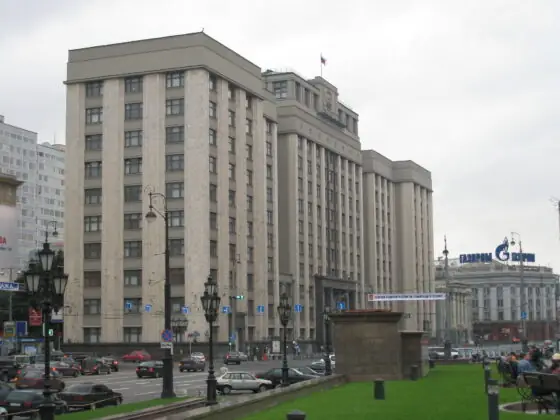July 20 was the twentieth anniversary of Alexander Lukashenko’s inauguration as president of Belarus. Over these two decades, his country has performed a unique balancing act.
On the one hand, Belarus has declared itself Russia’s most loyal ally and asserted its readiness to join any reintegration initiative Moscow proposes, including the ostensibly bilateral “Union State” that was created in 1999. In return, Belarus has obtained colossal economic benefits that have kept its unreformed economy afloat.
On the other hand, Lukashenko emphasizes the primacy of his country’s national sovereignty. He has flirted with European neighbours, and Belarus has even joined the European Union’s Eastern Partnership program. Russian expectations that Minsk’s political advances toward Moscow would be followed by economic openings for Russian business have largely remained unmet. At times, “Russia’s best ally” has even resorted to harsh undiplomatic rhetoric and deliberately provoked conflicts in order to wrest concessions from Moscow in exchange for a return to “normal” relations.
Events in the first half of 2014 have significantly altered this balance. Russia’s annexation of Crimea in March demonstrated that Moscow is prepared to use hard power over economic incentives and sees enforced partnership as a more effective instrument of policy than buying loyalty. The May 2014 signing of the agreement forming the Eurasian Economic Union (EEU) demonstrated that Lukashenko cannot escape the deepening of Belarus’ institutional integration with Russia, regardless of how he may feel about any given institutional arrangement. Arguably, events in Ukraine and the creation of the EEU have qualitatively limited Minsk’s freedom of manoeuver and, for the foreseeable future, changed Belarus’ foreign policy paradigm. Bargaining and retaining economic privileges are still possible, but a complete rejection of what Vladimir Putin sees as critically important is not.











